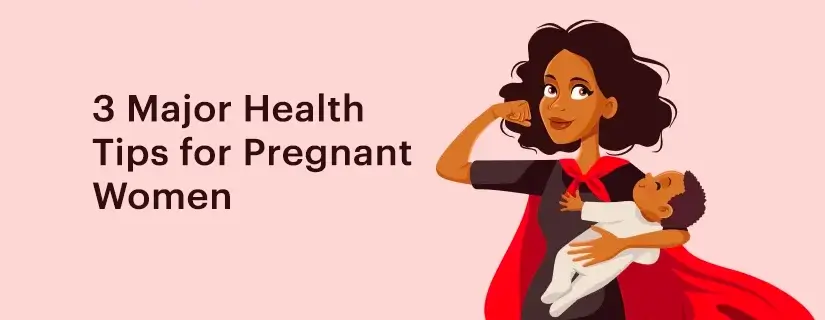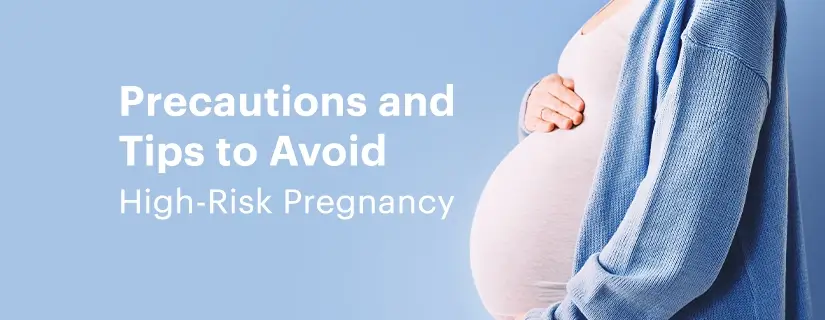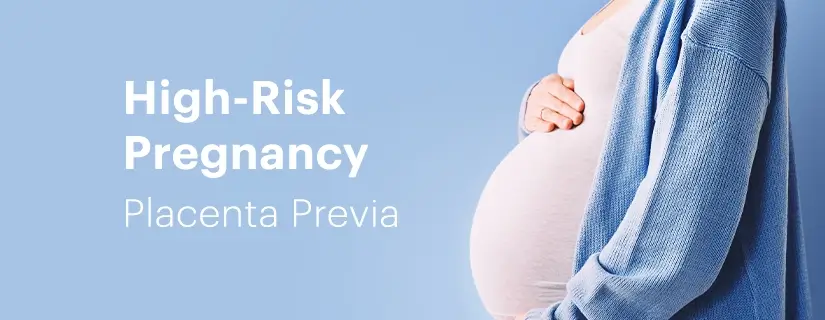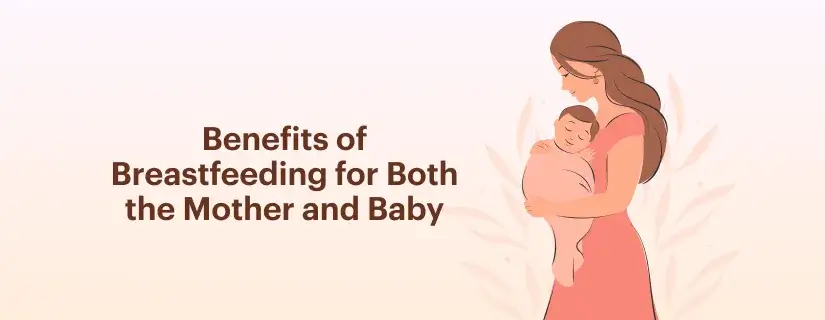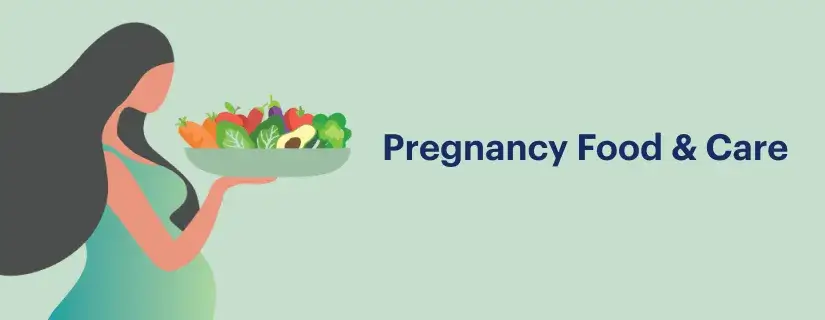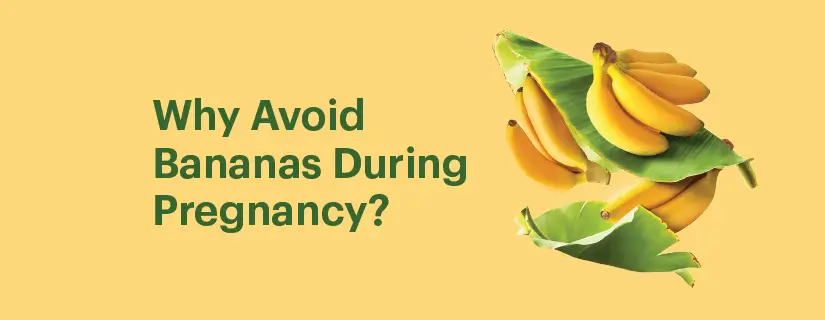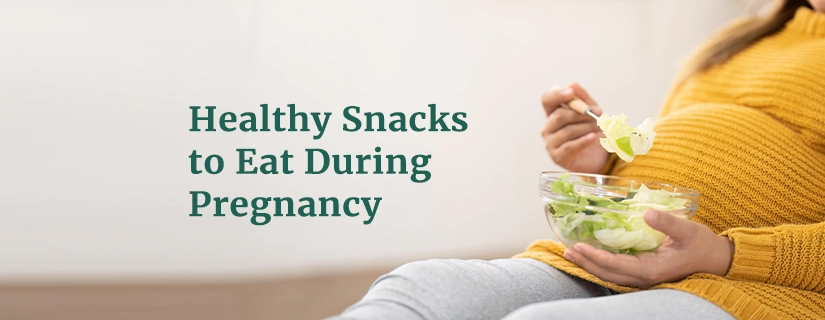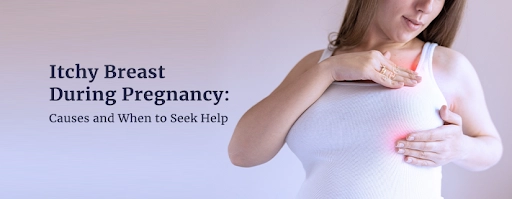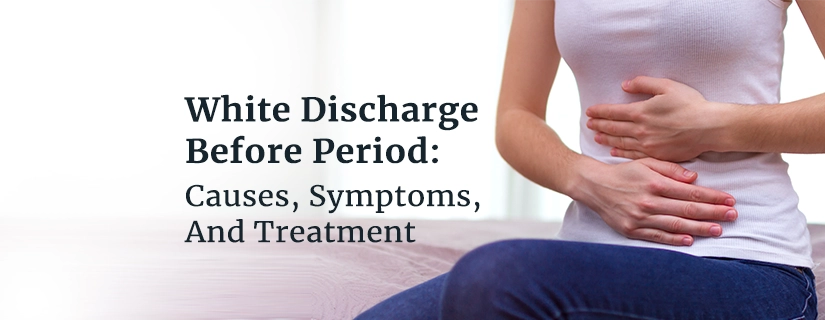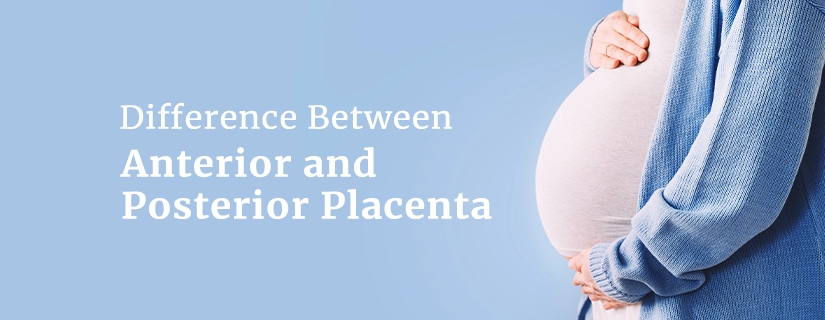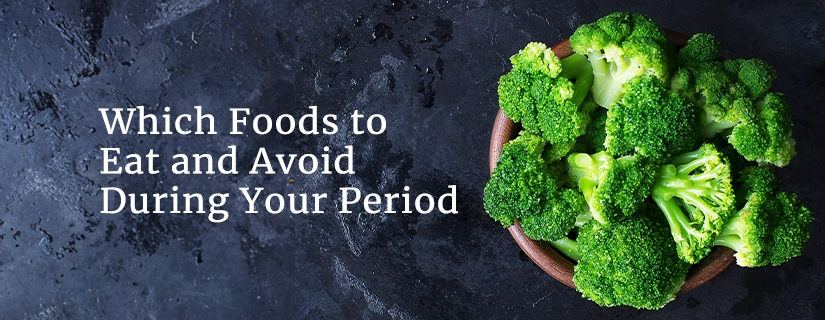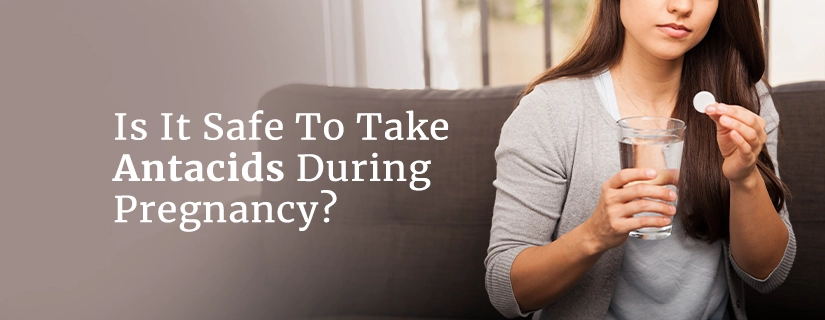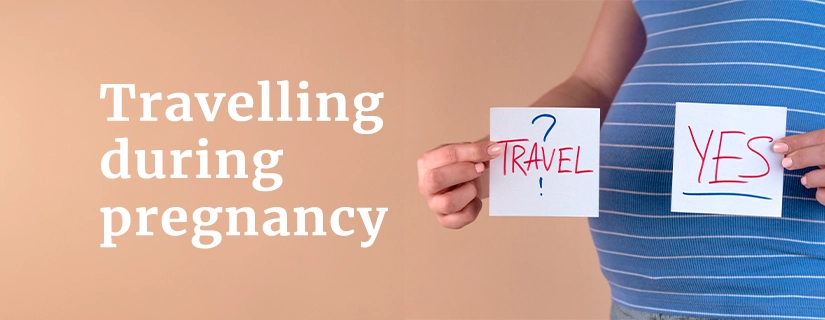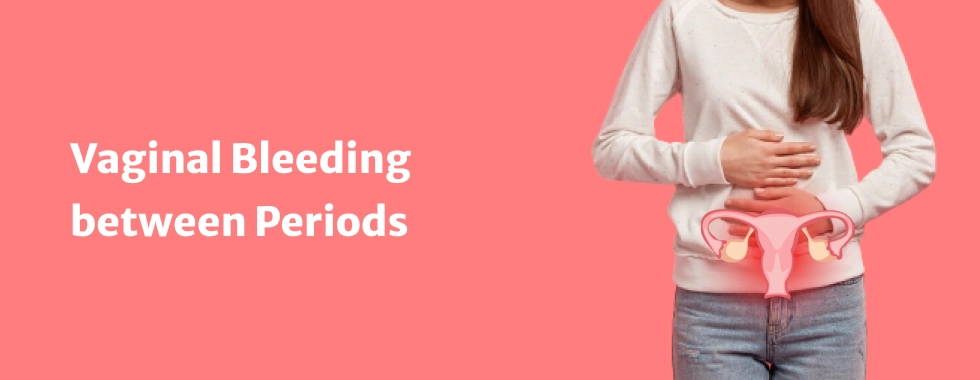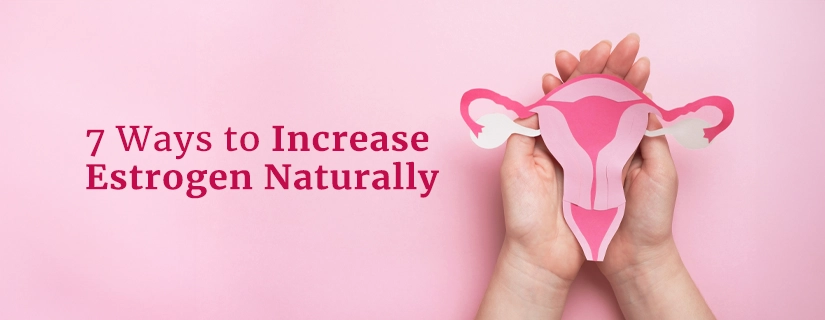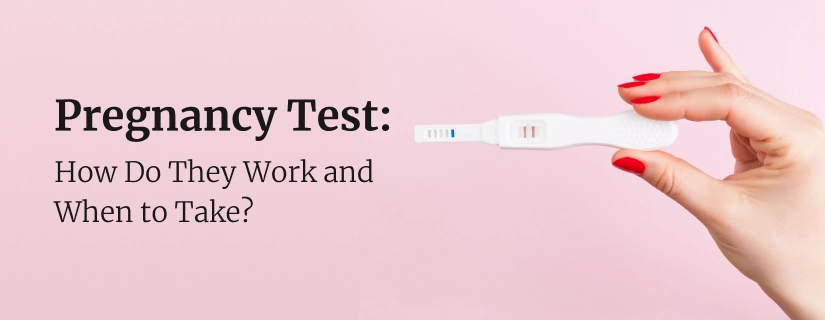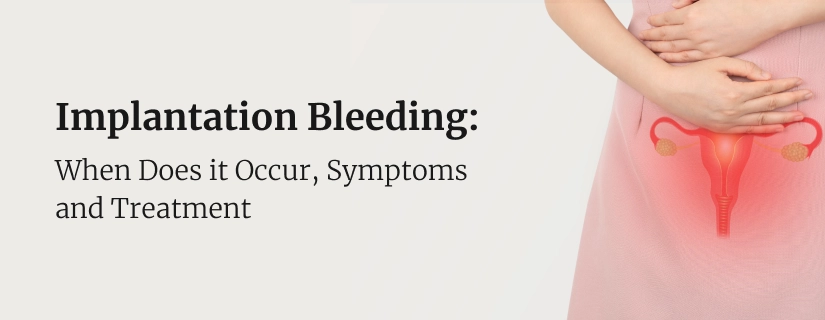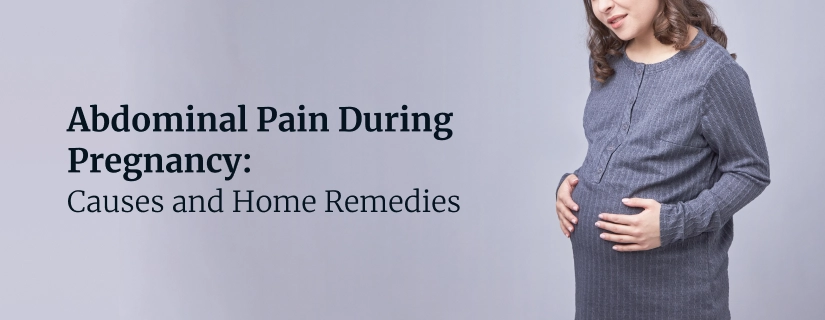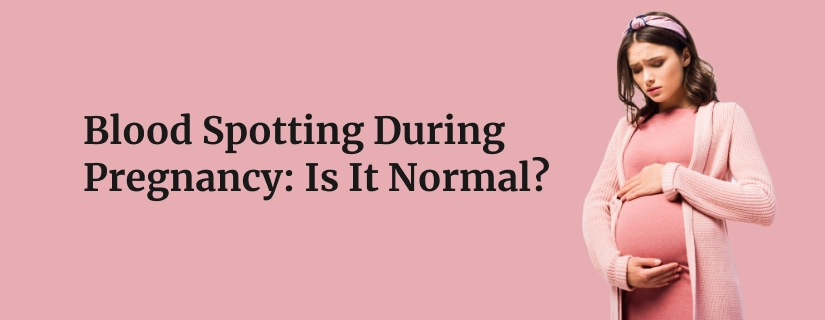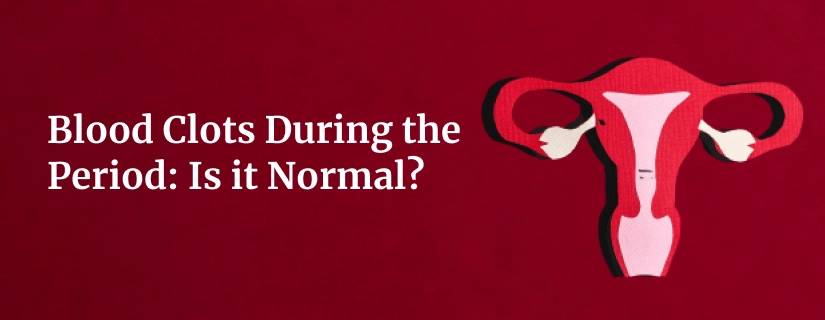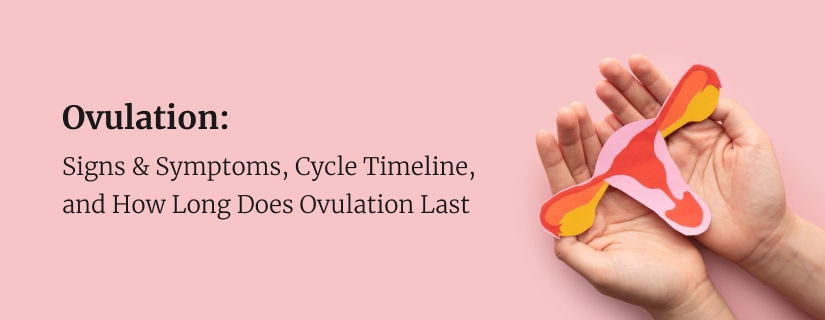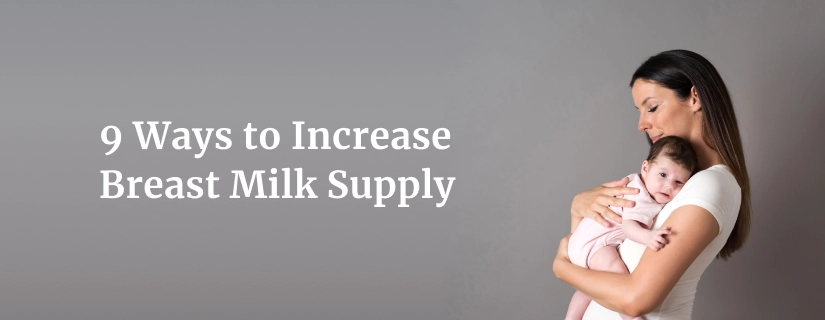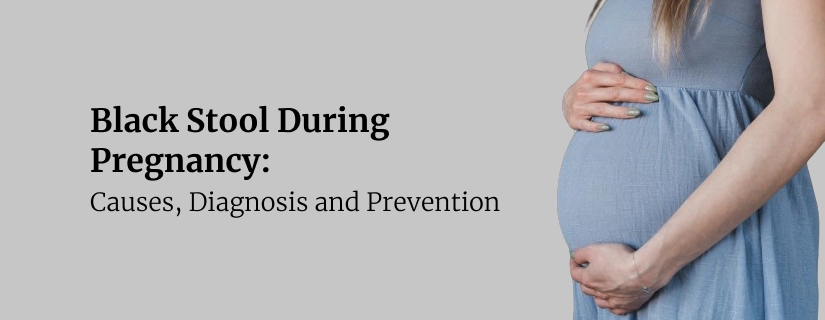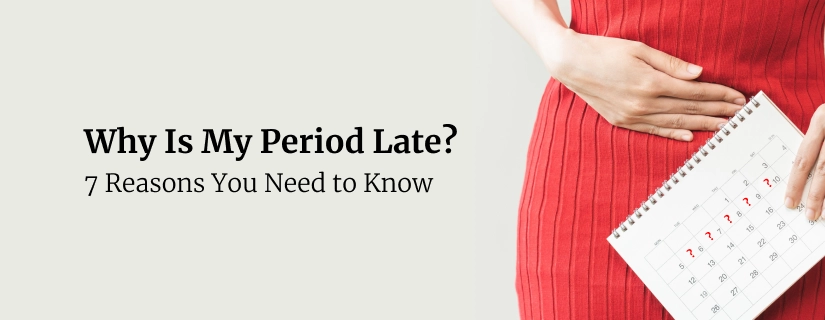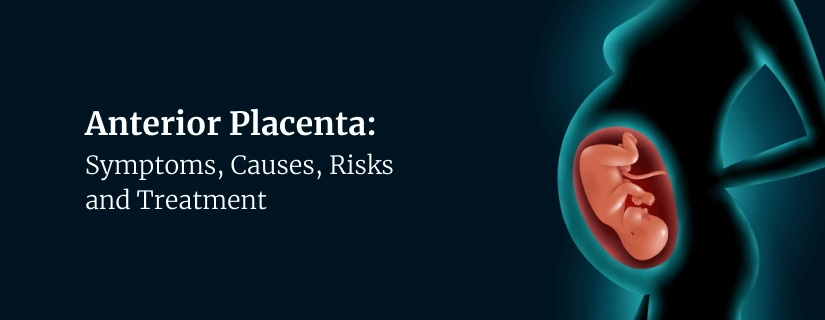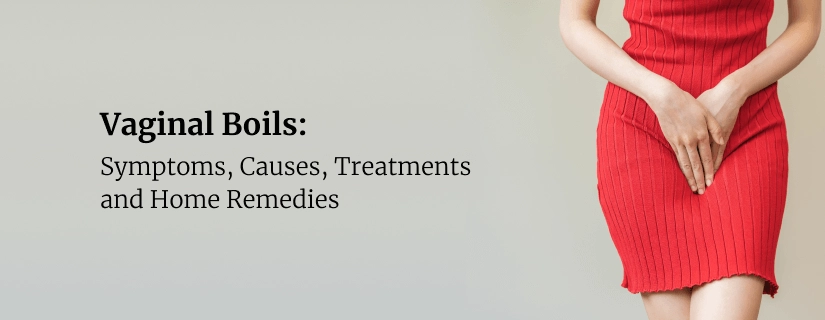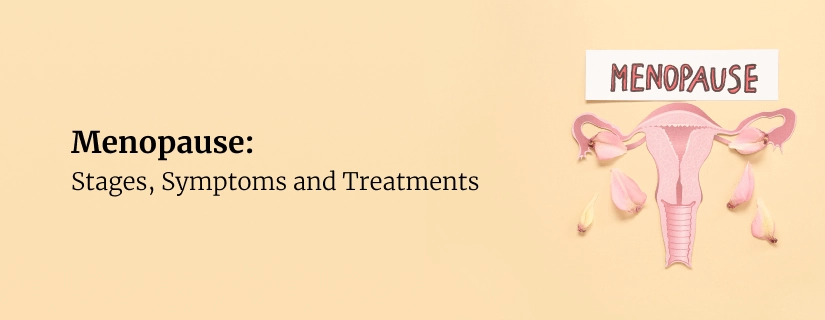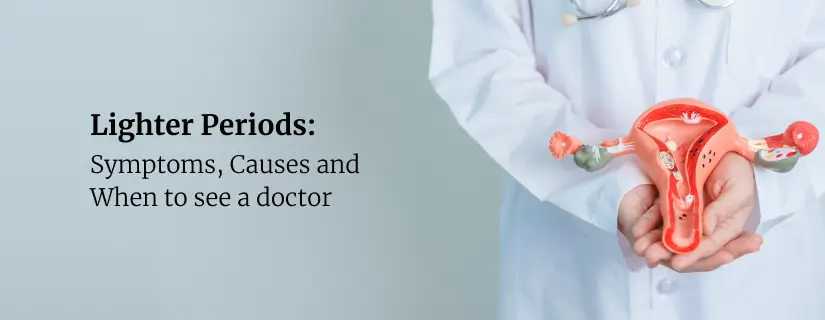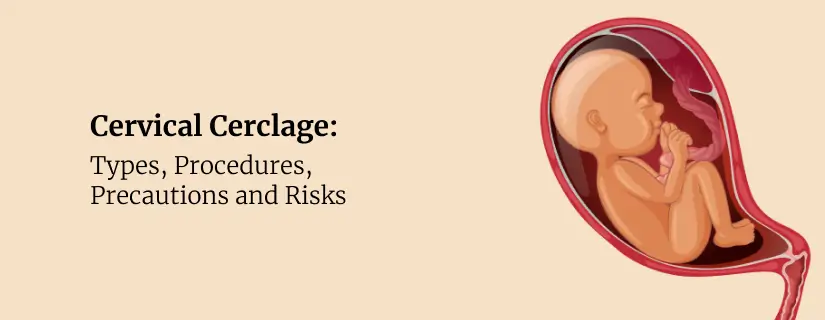-
Doctors
-
Specialities & Treatments
Centre of Excellence
Specialties
Treatments and Procedures
Hospitals & Directions HyderabadCARE Hospitals, Banjara Hills CARE Outpatient Centre, Banjara Hills CARE Hospitals, HITEC City CARE Hospitals, Nampally Gurunanak CARE Hospitals, Musheerabad CARE Hospitals Outpatient Centre, HITEC City CARE Hospitals, Malakpet
HyderabadCARE Hospitals, Banjara Hills CARE Outpatient Centre, Banjara Hills CARE Hospitals, HITEC City CARE Hospitals, Nampally Gurunanak CARE Hospitals, Musheerabad CARE Hospitals Outpatient Centre, HITEC City CARE Hospitals, Malakpet Raipur
Raipur
 Bhubaneswar
Bhubaneswar Visakhapatnam
Visakhapatnam
 Nagpur
Nagpur
 Indore
Indore
 Chh. Sambhajinagar
Chh. SambhajinagarClinics & Medical Centers
Book an AppointmentContact Us
Online Lab Reports
Book an Appointment
Consult Super-Specialist Doctors at CARE Hospitals
Foods to Avoid During Pregnancy
Updated on 31 July 2023
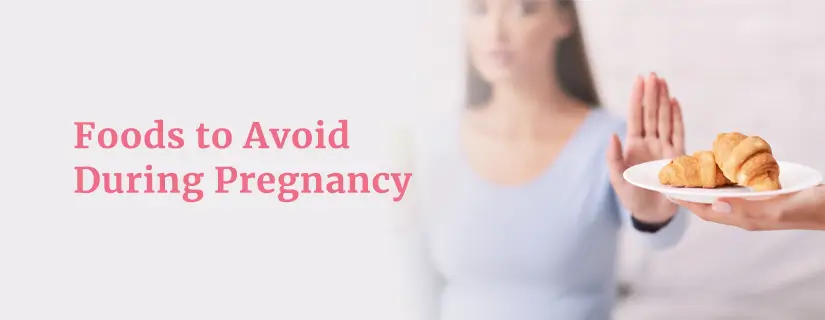
One of a woman's most cherished life experiences is becoming pregnant. The little life growing inside is causing excitement, delight, nervousness, fear, and many other emotions.
It is also a time when you will receive a tonne of encouragement and blessings. Pregnancy is a family affair, especially in India, where everyone is concerned about the mother-to-be and offers their support & advice. Most of them are about what foods you should or should not eat, and some are about how you should live and exercise.
Since there are more don'ts than dos during pregnancy, all of this advice and any emotional roller coaster you may be experiencing can be overwhelming and leave you feeling uneasy. Foods to avoid during pregnancy add an extra layer of caution, making it essential to navigate through well-meaning suggestions with careful consideration of your own health and comfort.
List of Pregnancy Food to Avoid
Do not worry; we have put together a list of pregnancy food to avoid protecting you and your unborn child during this wonderful time.
1. Unpasteurized Milk & Yoghurt
During pregnancy, it is dangerous to consume raw or unpasteurized milk. It offers no nutritional benefits, and raw milk and its by-products are more frequently associated with food-borne illnesses. They contain potentially harmful bacteria, including salmonella, listeria, E. coli, and cryptosporidium, that could harm you and your baby.
Yoghurt and Pregnancy's first trimester go much better together. Eating the various types of yoghurts offers various health benefits, including gut health and digestive benefits. Women can also consume Greek yoghurt while pregnant; make sure they do not have added sugars.
2. Chicken
The health of a pregnant woman could be harmed by eating chicken. Chicken meat contains a variety of bacteria and parasites that can cause health problems in newborns. Blindness, epilepsy, disability, and other common health issues can affect their health.
3. Papaya
Papaya can induce an abortion. Therefore, eating papaya while pregnant is risky. Raw papaya contains Primain, a chemical that causes uterine contractions and is found in papaya. Primain has a strong inhibitory effect on foetal growth. Raw papaya consumption is strictly prohibited during pregnancy.
4. Do Not Consume Unwashed Fruits & Vegetables
Wash all raw fruits and vegetables well to get rid of any dangerous bacteria. Raw sprouts of any kind should be avoided because they may contain disease-causing bacteria.
5. Caffeine
Even though caffeine is widely present in the majority of the foods we eat, pregnant women should avoid it at all costs. Caffeine can be found in various beverages, including coffee, soft drinks, energy drinks, and green tea.
6. Raw Eggs
The most frequent foods that result in miscarriage in the second trimester are raw eggs or foods containing raw eggs. They are very likely to contain the salmonella virus, which can lead to a number of pregnancy complications.
7. Fennel Seeds
Fennel seeds and dhania (coriander) are considered harmful when consumed in excess while pregnant. These spices contain minute amounts of phytoestrogens, which act like female oestrogen and cause uterine contractions. To start your period and cleanse your uterus, Ayurveda advises taking these seeds after giving birth.
8. Grapes
Indian women also avoid grapes, especially in the final stages of pregnancy, as research has shown that they can raise body temperature and cause unneeded complications. Additionally, grapes contain the toxic substance Resveratrol, which can lead to hormonal imbalances in pregnant women. Grape consumption in excess has also been associated with complications and digestive problems.
9. Avoid Drinking Herbal Tea
Little information exists regarding the impact of particular herbs on unborn children. Avoid drinking herbal tea, even those specifically marketed to pregnant women, unless your doctor advises you to do so.
10. Street Food
Street food tops the list of foods to stay away from while pregnant. Avoid eating too many of these foods while pregnant. Due to the vulnerability of their bodies, pregnant women must be careful about what they eat.
Additionally, you should limit your consumption of packaged and ready-to-eat foods like pickles, chutneys, and sauces. Many of these items contain chemicals and additives that could harm the unborn child.
11. Salty Foods
During pregnancy, you might have a craving for spicy and salty food. While eating salty foods may satisfy your appetite, the high salt content will cause you to retain more water, which could cause complications.
12. Avoid Ajinomoto
Chinese food and several street foods both frequently use the substance called Ajinomoto. Ajinomoto consumption can have a significant impact on foetal brain development. Ajinomoto dosage during pregnancy should be discussed with your doctor or avoided while you can.
13. Avoid Alcohol
Consumption of alcohol during pregnancy is not proven to be safe, considering the dangers it causes. Alcohol consumption during pregnancy increases the risk of pregnancy loss. Foetal alcohol syndrome, which can lead to facial deformities and intellectual disability, may also be brought on by alcohol consumption.
What are the foods to avoid during pregnancy?
Consuming certain foods during pregnancy can pose risks due to potential contamination, allergens, or their impact on maternal and fetal health. Risks include:
- Foodborne Illnesses: Certain foods like undercooked meat, unpasteurized dairy, and raw seafood can carry bacteria or parasites that may cause food poisoning, which can harm both the mother and the baby.
- Mercury in Fish: Some fish, like shark, swordfish, king mackerel, and tilefish, can contain high levels of mercury, which can affect the baby's developing nervous system.
- Listeria Contamination: Listeria bacteria, found in soft cheeses, deli meats, and refrigerated smoked seafood, can cause a serious infection that may lead to miscarriage, stillbirth, or severe illness in newborns.
- High Caffeine Intake: Too much caffeine (from coffee, tea, and energy drinks) can increase the risk of miscarriage and low birth weight.
- Alcohol and Tobacco: Alcohol consumption and smoking during pregnancy can lead to birth defects, developmental issues, and other complications for the baby.
- Unwashed Produce: Eating unwashed fruits and vegetables can expose the mother to toxoplasmosis, a parasitic infection that can be harmful during pregnancy.
- Excess Sugar and Junk Foods: Consuming too much sugar and processed foods can contribute to excessive weight gain, gestational diabetes, and other health problems for both mother and baby.
Importance of consulting a healthcare professional for specific dietary guidance
It is essential to consult a healthcare professional for specific dietary guidance during pregnancy for several reasons:
- Personalized Recommendations: Healthcare professionals can tailor dietary advice to your individual health needs, considering factors such as pre-existing conditions, nutritional deficiencies, and allergies.
- Ensuring Adequate Nutrition: They can ensure you receive sufficient nutrients crucial for both maternal health and fetal development, such as folic acid, iron, calcium, and omega-3 fatty acids.
- Managing Pregnancy Symptoms: Healthcare providers can offer strategies to alleviate common pregnancy discomforts like nausea, heartburn, and constipation through dietary adjustments.
- Monitoring Weight Gain: They help monitor and manage healthy weight gain throughout pregnancy, vital for maternal and fetal well-being.
- Managing Medical Conditions: If you have gestational diabetes, hypertension, or other medical conditions, healthcare professionals can provide dietary strategies to manage these conditions and reduce associated risks.
- Food Safety: They provide guidance on food safety to avoid consuming foods that may pose risks such as foodborne illnesses or contaminants harmful to pregnancy.
- Supporting Overall Health: Proper nutrition supports immune function, energy levels, and overall well-being during pregnancy, reducing the risk of complications.
- Preparing for Breastfeeding: They can offer advice on postpartum nutrition and breastfeeding to ensure adequate milk production and maternal recovery after childbirth.
Conclusion
A healthy diet is important during pregnancy because it provides both the mother and the unborn child with essential nutrients. To ensure your baby's healthy growth, development, and safety, you should become aware of the foods to eat and the recommended serving sizes. As a result, if any foods or diets bother you, you should eat healthfully and consult your doctor & dietician.
Ms. Sunitha
Dietetics and Nurition
Musheerabad, Hyderabad
FAQs
1. Can I eat papaya during pregnancy?
Raw papaya is best avoided during pregnancy as it contains latex which may trigger uterine contractions. However, ripe papaya in moderation is generally considered safe.
2. Is Mango good for pregnancy?
Yes, mangoes are nutritious and can be beneficial during pregnancy due to their high vitamin A, C, and fiber content. Enjoy them in moderation as part of a balanced diet.
3. What to avoid during early pregnancy to avoid miscarriage?
To reduce the risk of miscarriage, avoid raw or undercooked meats, unpasteurized dairy products, raw seafood, excessive caffeine, alcohol, and smoking. Maintain a healthy diet and follow prenatal care guidelines.
4. What are high-risk foods during pregnancy?
High-risk foods include unpasteurized dairy products, deli meats, and hot dogs (unless heated thoroughly), raw or undercooked meats and seafood, raw eggs, and certain types of fish high in mercury.
5. Can you eat grapes while pregnant?
Yes, grapes are safe to eat during pregnancy. They provide hydration and essential nutrients like vitamins C and K. Wash them thoroughly to remove any potential pesticides.
6. Is it safe to eat mozzarella when pregnant?
Yes, pasteurized mozzarella cheese is safe to eat during pregnancy. Ensure it's made from pasteurized milk to avoid the risk of foodborne illness.
7. Can I drink alcohol during pregnancy?
No, it's recommended to avoid alcohol completely during pregnancy. Alcohol consumption can harm the developing baby and lead to fetal alcohol spectrum disorders (FASDs).
8. Can I have caffeine during pregnancy?
Moderate caffeine consumption (up to 200 mg per day, or about one 12-ounce cup of coffee) is generally considered safe during pregnancy.
9. Can I eat foods that my baby might be allergic to?
If you have a family history of food allergies, it's advisable to avoid allergenic foods (like peanuts, tree nuts, shellfish) during pregnancy and breastfeeding to reduce the risk of allergies in your baby.
10. Which vegetable is not good for pregnancy?
Usually, vegetables are beneficial during pregnancy. However, raw sprouts (like alfalfa sprouts, and clover sprouts) should be avoided as they may carry bacteria that can cause foodborne illness.

ENQUIRY FORM
SELECT CATEGORIES
-
Neurosciences (16)
-
Neurology (37)
-
Neurosurgery (14)
-
Orthopaedics (48)
-
Oncology (33)
-
Obstetrics and gynecology (52)
-
Pulmonology (23)
-
Urology (20)
-
Nephrology (13)
-
Psychiatry (7)
-
Dietetics and Nutrition (111)
-
General Medicine (63)
-
Cardiac Sciences (32)
-
Vascular & Endovascular Surgery and Interventional Radiology (15)
-
Gastroenterology (46)
-
Endocrinology (23)
-
Plastic Surgery (10)
-
Critical Care Medicine (5)
-
COVID-19 (16)
-
Dermatology (16)
-
Emergency Care (1)
-
Ophthalmology (4)
-
Pediatrics (14)
-
Laparoscopic and Bariatric Surgery (8)
-
ENT (15)
-
Kidney Transplant (1)
-
Liver Transplantation and Hepatobiliary Surgery (5)
-
General Surgery (3)
-
Internal Medicine (5)
-
Medicine Information
What is the difference between PCOD and PCOS?
Calcium Deficiency in Women: Symptoms, Causes, Treatment, and Prevention
YOU MAY ALSO LIKE
RECENT BLOGS
-

Preterm Birth (Premature Birth): Symptoms, Causes, Treatment and Prevention
13 May 2025
Read More
-

Rotablation Angioplasty: Benefits, Treatments, And Recovery Time
9 May 2025
Read More
-

What Is The Difference Between IUI and IVF?
9 May 2025
Read More
-

Venous Malformations: Causes, Symptoms, and Treatment
30 April 2025
Read More
-

Varicose Vein Foam Sclerotherapy: Treatment, Benefits, and Procedure
30 April 2025
Read More
-

Radiofrequency (RF) Ablation Treatment for Varicose Veins: Know More
30 April 2025
Read More
-

Varicose Vein Sclerotherapy: Treatment, Benefits, and Procedure
30 April 2025
Read More
-

Varicose Vein Endovenous Laser Ablation: Procedure, Benefits, Risks
30 April 2025
Read More
Have a Question?
If you cannot find answers to your queries, please fill out the enquiry form or call the number below. We will contact you shortly.


